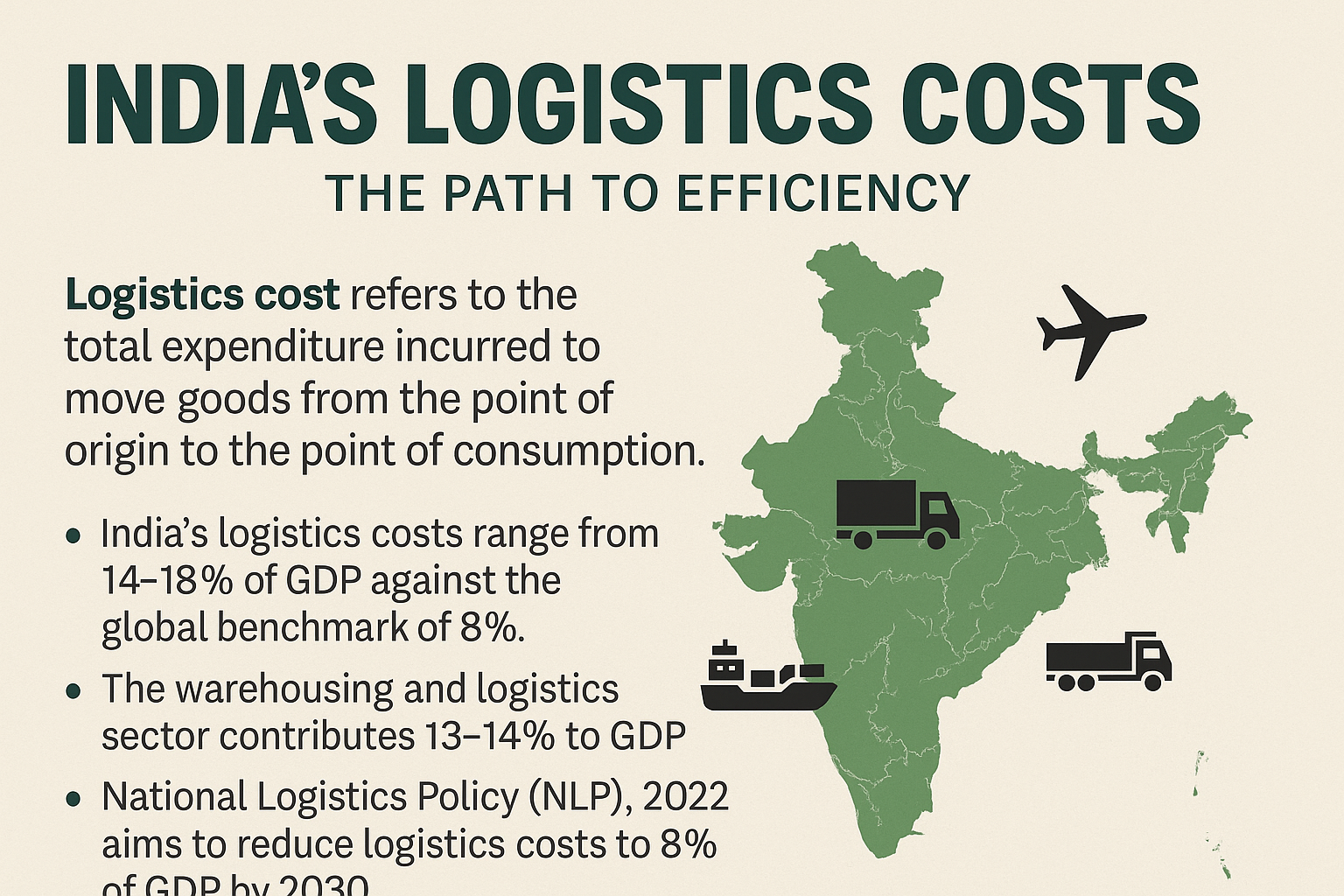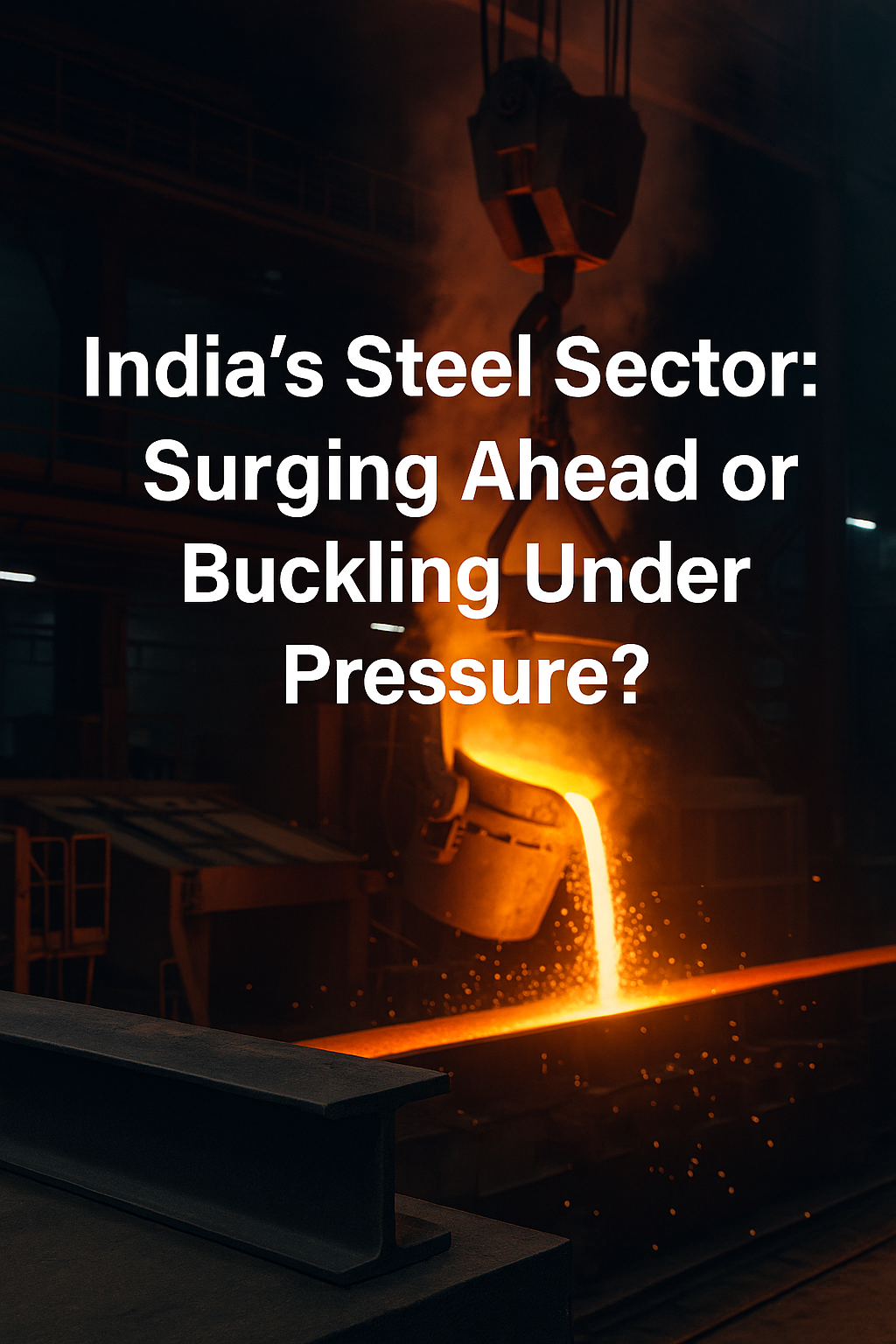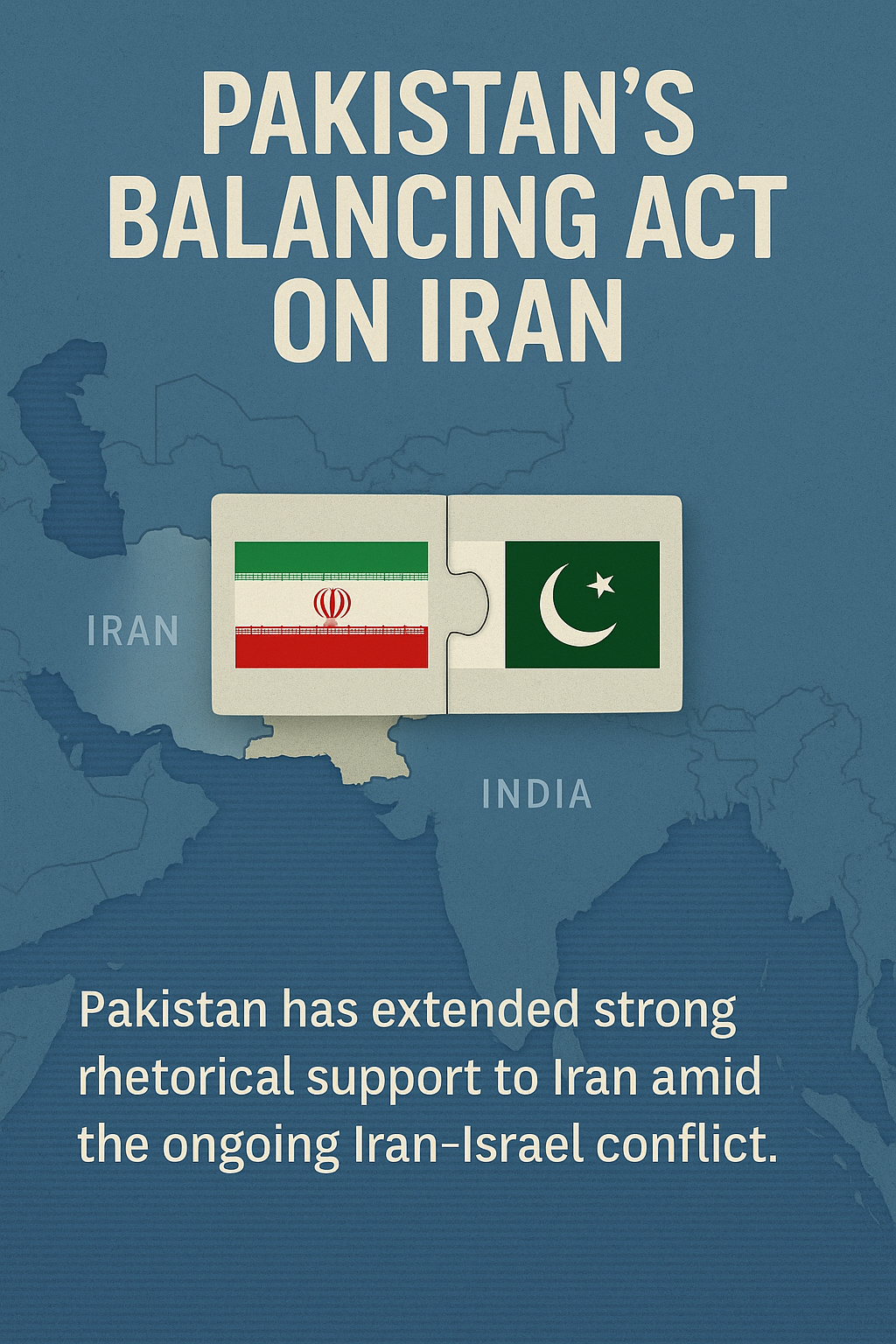194.
⚖️ Abetment of Suicide and the Supreme Court’s Call for Sensitivity
A Nuanced Interpretation of Section 306 IPC
🧾 What is Abetment Under Indian Law?
Abetment is defined under Section 107 of the Indian Penal Code (IPC).
It includes:
- Instigating a person to commit an act
- Conspiring to do so
- Intentionally aiding the act through action or omission
➡️ In suicide cases, clear evidence is required to show that the accused directly encouraged or assisted the deceased in taking their life.
⚖️ Legal Framework & Consequences
Under Section 306 IPC:
- 📅 Punishment: Up to 10 years imprisonment + fine
- 📊 Conviction rate (2022): 17.5% (much lower than IPC’s overall rate of 69.8%)
This disparity reflects the difficulty in proving direct instigation or intent in such emotionally charged cases.
🏛️ The Recent Case: A Bank Manager & Alleged Harassment
- 📍 Incident: October 2022 – A borrower died by suicide, leaving a note alleging harassment for loan recovery.
- 🚔 Charges were filed against the bank manager, citing emotional pressure as abetment.
- 🧑⚖️ Trial court: Framed charges in Feb 2023
- ⚖️ High Court: Upheld decision in July 2023
- 👩⚖️ The matter was escalated to the Supreme Court.
📌 Supreme Court’s Key Observations
🗓️ Ruling Date: January 15, 2025
- The bank manager was discharged, with the Court emphasizing: “Real-life complexities must be considered, not every allegation should lead to a trial.”
- ⚠️ Caution was urged against treating casual or informal exchanges as abetment evidence.
🧠 Raising the Bar: New Standards for Prosecution
The Court clarified that workplace abetment charges require:
✅ Clear intent to provoke or encourage suicide
✅ Direct connection between the accused’s actions and the deceased’s mental state
This step reinforces a more evidence-based legal threshold.
🏛️ Past Legal Precedents
Key judgments that helped shape current interpretation:
- M Mohan v State (2011)
- Ude Singh v State of Haryana (2019)
Both cases reiterated that abetment demands an active act that leaves the victim feeling they have no alternative but suicide.
🧭 A Shift Toward Balanced Justice
🧩 The Supreme Court is urging sensitivity and caution in prosecuting abetment cases — especially in professional or social contexts.
While it seeks to protect genuine victims, the goal is also to prevent misuse of the law simply to pacify grieving families or respond to public pressure.
🌱 Bottom Line:
This landmark judgment promotes responsible justice, ensuring the spirit of Section 306 is upheld — not abused. It’s a reminder that intent and causation must be proven, not presumed.















